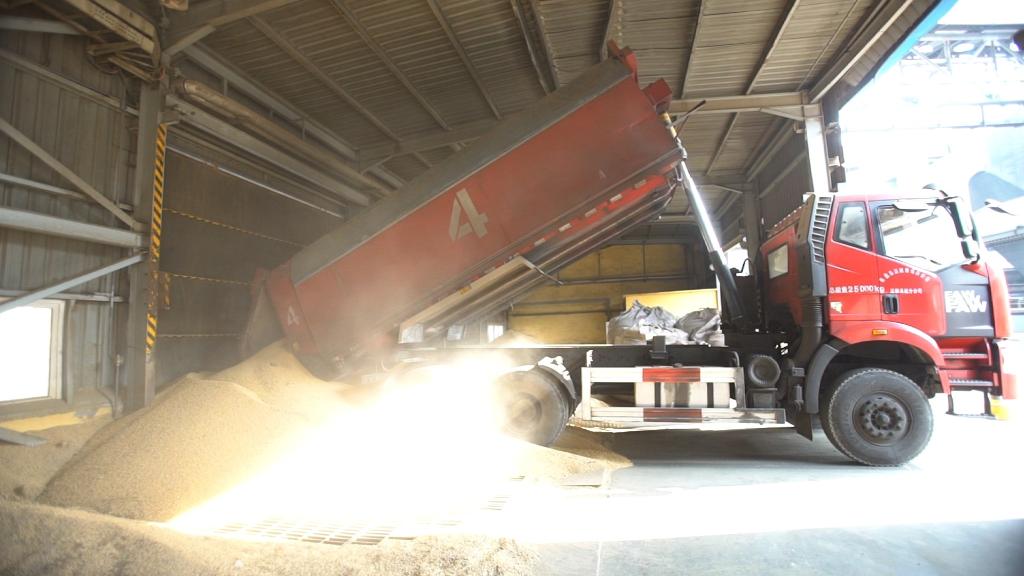
Plenty of American companies would be at risk in a trade war between the United States and China. But Boeing might be the most vulnerable.
Boeing (BA) is the nation's single largest exporter, and China is a critical market for the company. The Chinese government has signaled that it would consider ordering Airbus planes instead of Boeing jets if the United States steps out of line on trade.
Boeing is "as emblematic as it gets of American manufacturing," said Richard Aboulafia, an aerospace analyst at Teal Group. "It's the easiest place in the world to retaliate."
Shares in the aviation giant fell 2.5% on Wednesday. Reuters reported on Tuesday that President Donald Trump was considering putting tariffs on up to $60 billion of Chinese imports to punish China over intellectual property theft. Last week, Trump put steep tariffs on steel and aluminum imports.
Boeing — which declined to comment for this story — has been clear about how vital China is to its continued success.
Related: Why tech secrets, not steel, could cause the real clash between the U.S. and China
The company said last September that it expects China to spend nearly $1.1 trillion over the next 20 years buying more than 7,200 new airplanes.
"China's fleet size is expected to grow at a pace well above the world average," said Randy Tinseth, Boeing's vice president of marketing for commercial planes. Almost 20 percent of global demand for new airplanes will be from airlines based in China.
In November, Boeing announced that it was selling 300 planes to China for $37 billion. The agreement was made with a government holding company that buys planes for state-owned carriers such as Air China and China Southern Airlines. It's not clear what portion of the sales were new.
Boeing is also currently building a facility in China where it will install interiors on single-aisle 737 jetliners.
That exposure puts Boeing in a tough spot as China weighs retaliation over recent US trade restrictions.
"In the event of a trade war, China will make a justified and necessary response," Foreign Minister Wang Yi said last week.
In a 2016 op-ed, state-run newspaper Global Times suggested that China is not afraid to take a "tit-for-tat" approach on trade, and that if necessary, "a batch of Boeing orders will be replaced by Airbus." The nationalist paper brought up the threat again in January 2018, in another editorial.
China could feel more pressure to respond depending on what actions Trump takes on IP theft, which are expected soon. The investigation by the U.S. Trade Representative looked specifically at Chinese malpractice. So the findings — and related penalties — will be difficult for China to ignore.
If China does choose Boeing as a target for retaliation, it could hit the US economy. Civilian aircraft are the top U.S. export to China, according to Chinese customs data compiled by Panjiva, a global trade research firm. The company has about 137,000 employees in the United States.
Related: Trump-China trade war: Who has the most to lose?
That said, halting orders of Boeing planes may not be as easy as China has implied, according to Carter Copeland, an aerospace analyst at Melius Research.
"Airbus can't just ramp up its production immediately," Copeland said. "There's not much flexibility to just switch from one manufacturer to the other."
Boeing and Airbus are already sold out through 2022 or 2023, Copeland said.
But China could decide to place fewer orders in the future.
Right now, Boeing and Airbus each have about half the market share in China, Aboulafia said. In the future, China could give the majority of its orders to Airbus in order to send a message.
"The most important thing is we're not there yet," Aboulafia said.


